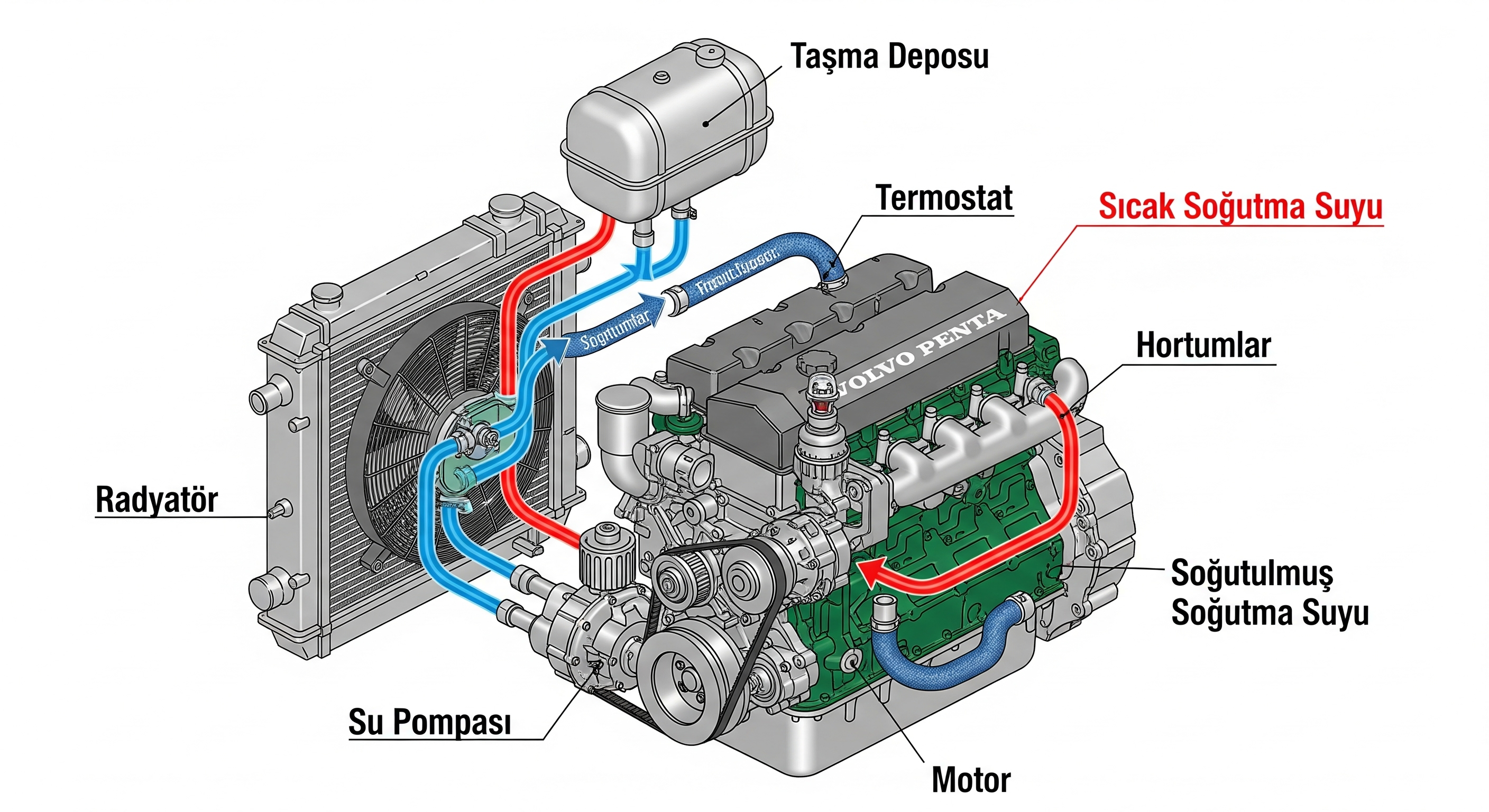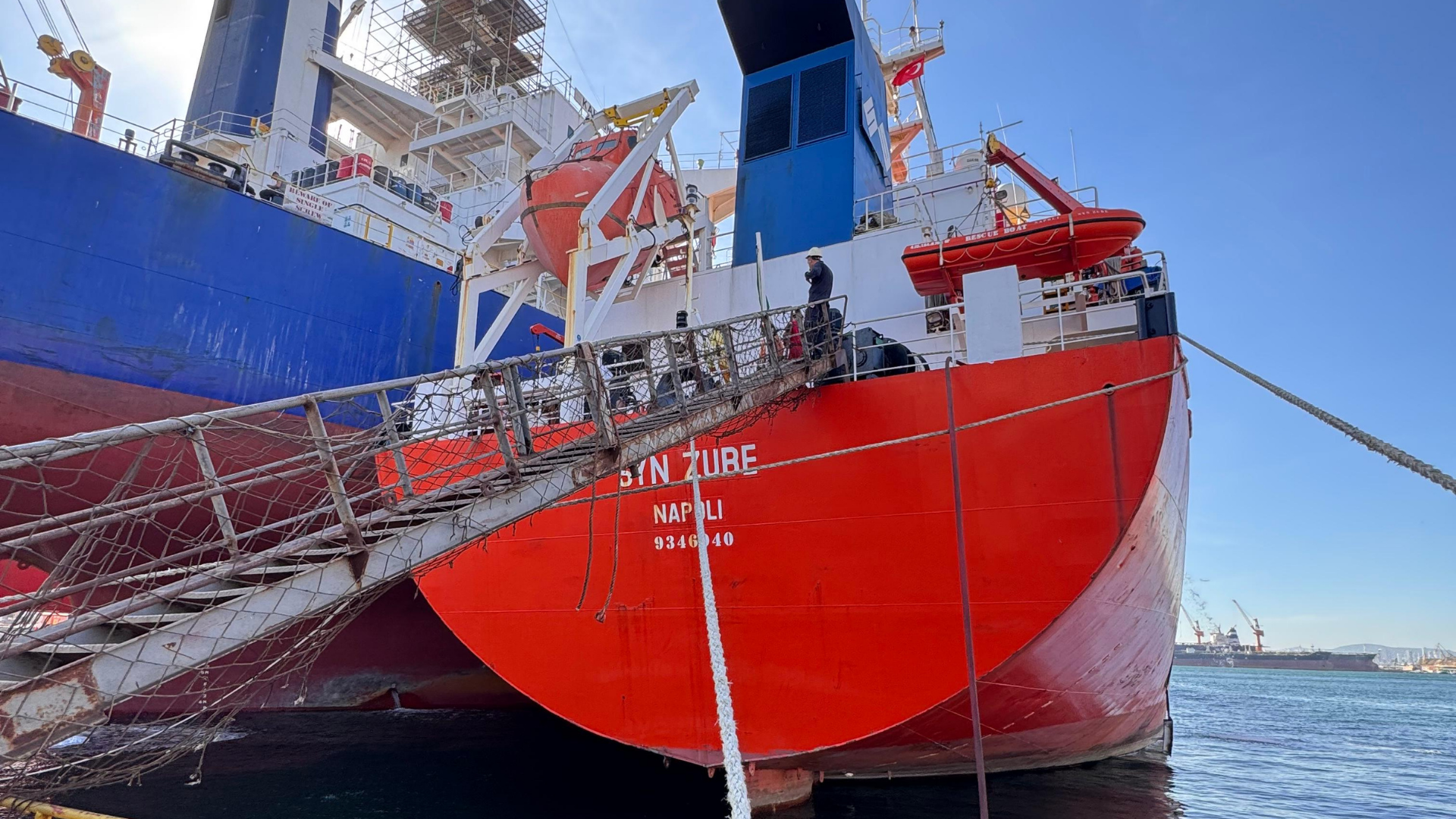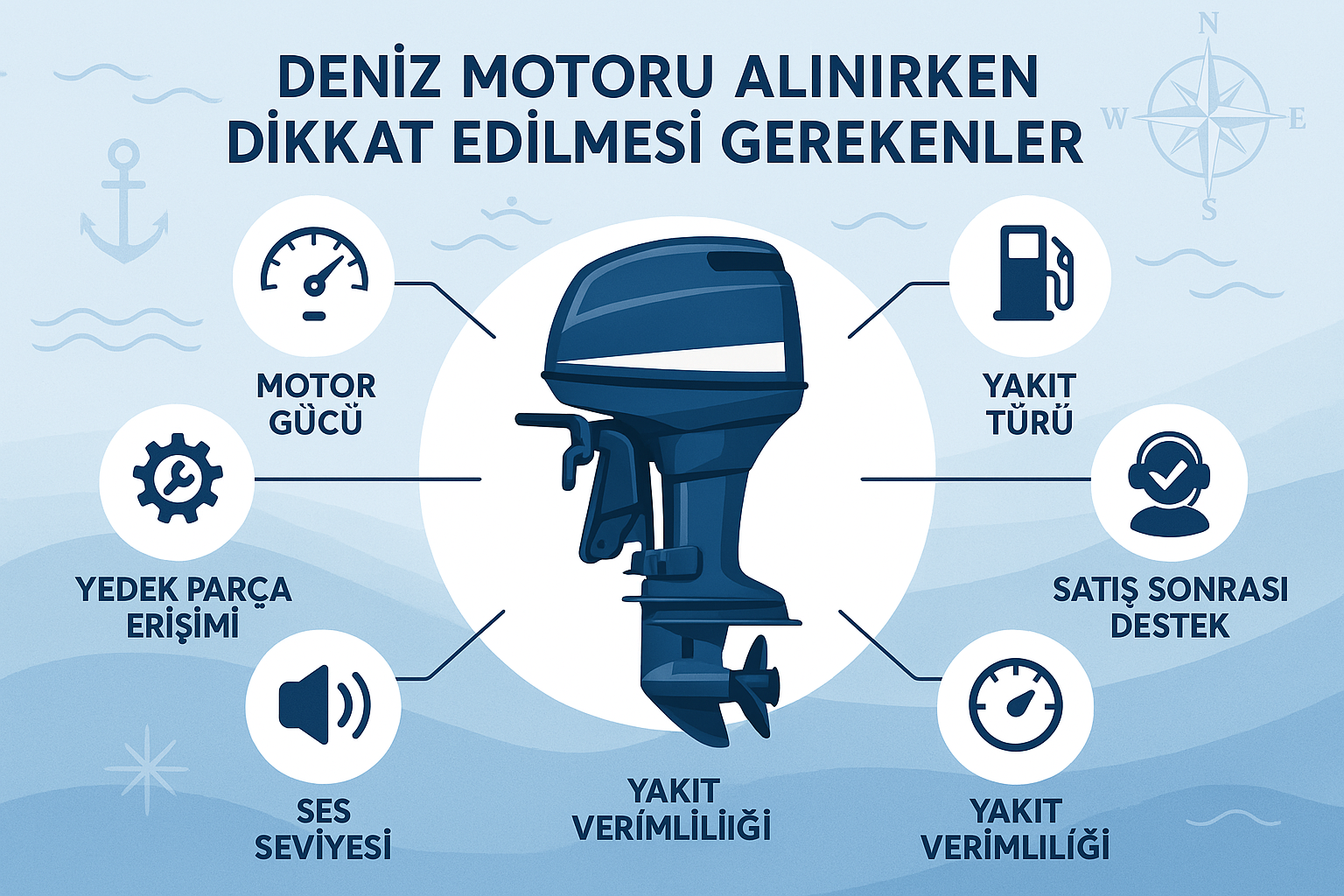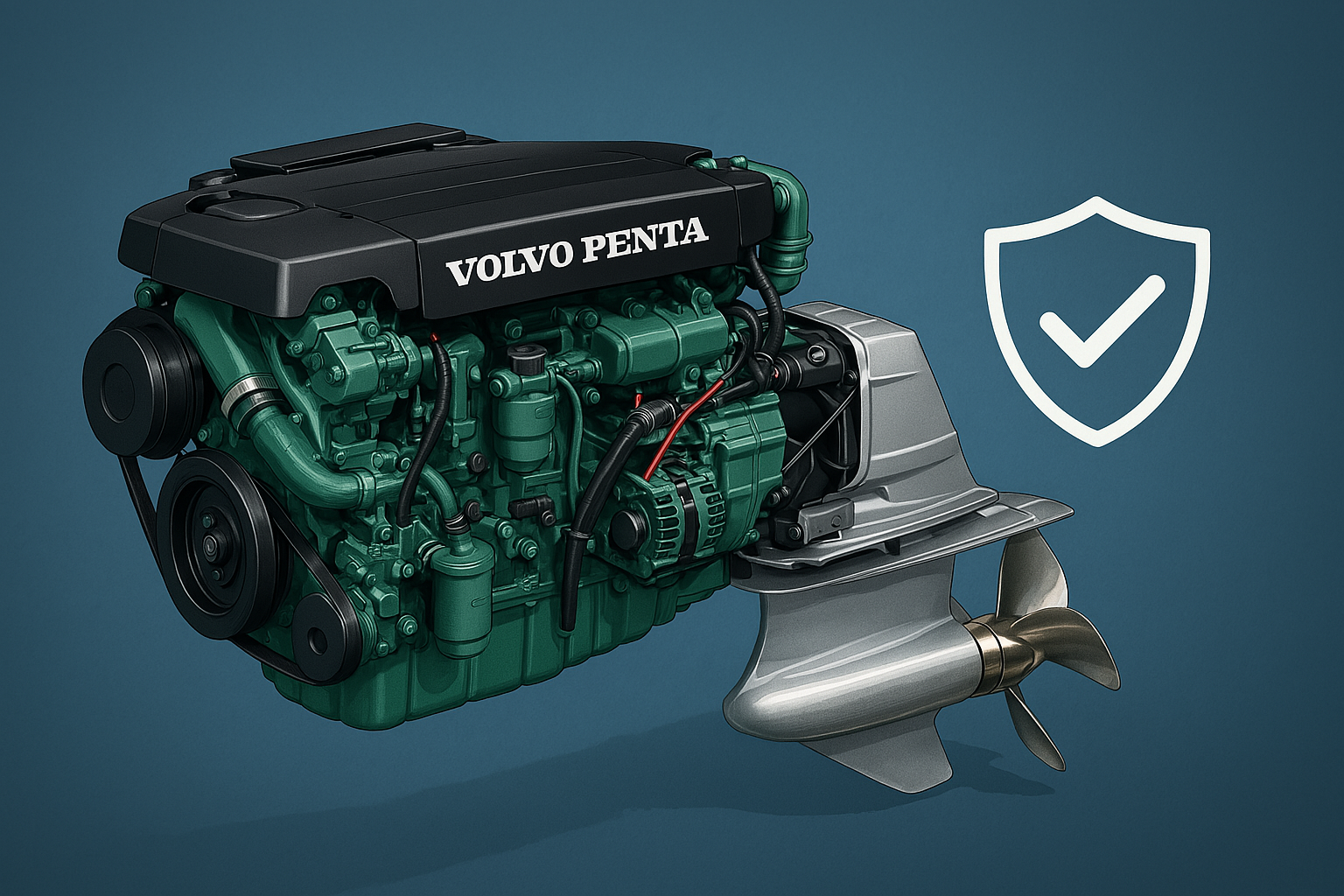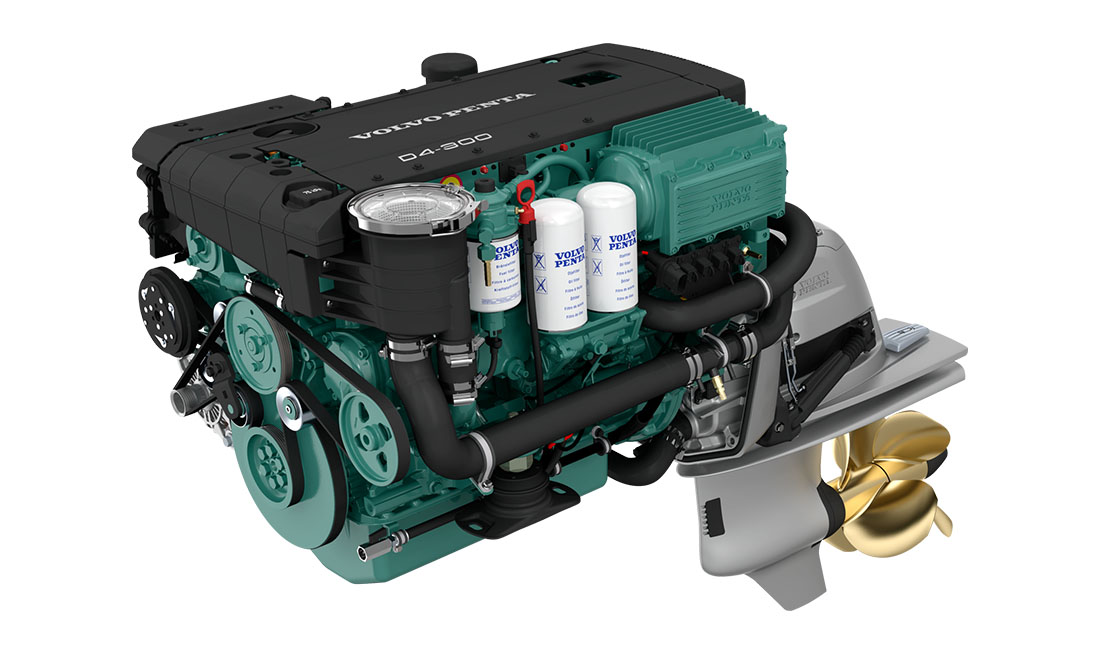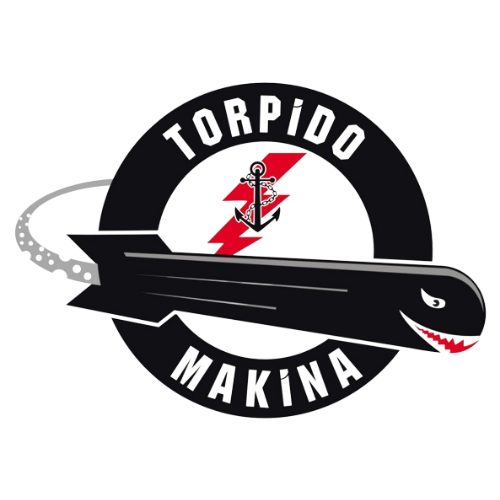Basic Function of the Engine Cooling System
The engine cooling system is critical for industrial engines to operate efficiently. This system prevents overheating by controlling the engine's operating temperature. Excessive heat can negatively affect engine performance, which can lead to engine failure and unnecessary expenses in the long run. Especially during the summer months, high temperatures and increased load conditions can make it difficult for the engine cooling system to function effectively.
The basic components of the engine cooling system include coolant, radiator, and thermostat. The coolant absorbs heat from the engine and transfers it to the radiator. The radiator cools this fluid and returns it to the engine, helping to regulate the engine's temperature. The thermostat regulates the flow of coolant within specific temperature ranges, ensuring the engine operates at its optimal temperature. In high-performance engines like Volvo Penta engines, the efficient operation of these components is of critical importance.
During the summer months, engine cooling can become even more challenging due to hot weather conditions. In marine engine applications such as torpedo engines or motorized vehicles, seawater cooling systems come into play. If these systems do not function effectively, overheating can occur. Therefore, especially in hot weather conditions, the engine cooling system should be regularly inspected and maintained. Otherwise, it can shorten the engine's lifespan and negatively impact its performance.
The Effect of High Temperatures on Engine Performance
Increased temperatures during the summer months can significantly affect the performance of marine and industrial engines. Engines are designed to operate efficiently within a specific temperature range. However, as temperatures rise, the cooling systems of such engines begin to struggle. Advanced engine systems, such as Volvo Penta engines, require regular cooling to reach optimum operating temperatures.
Extreme temperatures can reduce engine efficiency and increase fuel consumption. The internal components of the engine experience more friction under high temperatures, which increases energy loss and negatively affects performance. This effect is more pronounced in marine vehicles used by those going on vacation during the summer months. High temperatures in the torpedo machine can cause incorrect engine settings, thereby shortening the engine's life.
Engine cooling systems must be strictly monitored during the summer months. The ineffectiveness of these systems reduces engine performance and negatively affects engine life in the long term. In hot weather, wear and tear on the engine can lead to malfunctions, which translates into high repair costs for users. Volvo Penta engine owners, in particular, should protect engine health by effectively utilizing innovative cooling systems.
For these reasons, necessary precautions should be taken for engine cooling systems during the summer months. Appropriate cooling should be provided for the engine to operate properly, and regular maintenance and checks should be performed. It should be remembered that the way to improve engine performance in hot weather is to take the necessary precautions for effective cooling.
Methods
for Improving Engine Cooling Performance in Summer
Methods for Improving Engine Cooling Performance in Summer
During the summer months, the cooling performance of engines is of critical importance, especially due to high temperatures. It is important to follow some practical recommendations to prevent the engine from overheating and to ensure that it runs efficiently. First, it is very important to clean the radiator in the engine regularly. A dirty radiator can block the flow of coolant, leading to engine overheating. Therefore, it is recommended to inspect the radiator before summer and have it professionally cleaned if necessary.
Similarly, using the appropriate coolant is vital for improving engine cooling performance. Using the coolant recommended by the manufacturer for industrial engines helps all engine parts to function optimally. It is also recommended to use fluids that are resistant to temperature changes during the summer months and minimize performance loss.
Thermostat inspection is another important step that should not be overlooked. If the engine thermostat is not functioning properly, it can significantly affect the efficiency of the cooling system. During the summer months, having a thermostat that has been inspected is important for maintaining the engine's temperature balance. Engine performance can be improved through regular maintenance; therefore, it is important to have vehicles serviced regularly and adhere to pre-determined maintenance schedules.
In addition, there are some best practices to keep in mind when driving in hot weather. Allowing the engine to warm up before driving, avoiding excessive loads, and adjusting the air conditioning wisely while driving will have a positive effect on engine cooling performance. All these measures will help reduce excessive engine overheating during the summer months, enabling industrial engines such as Volvo Penta engines to operate more efficiently.
Conclusions and Recommendations
During the summer months, engine cooling performance becomes a critical issue, especially for marine engines and industrial engines. Hot weather conditions can cause engines to overheat, which can lead to engine failure in the long term. In high-performance engine systems such as Volvo Penta engines, the effectiveness of the cooling system and regular maintenance are of great importance. Evaporation and temperature increases can negatively affect cooling systems, putting engine health at risk.
Proper functioning of engine cooling systems is a fundamental element for engines to operate efficiently during the summer months. Therefore, it is recommended that engine owners regularly inspect their cooling systems, check water levels, and replenish coolant as needed during the summer months. Although modern systems like Volvo Penta engines have features that enhance cooling performance, external factors can still cause the engine to overheat. In this context, the effectiveness of auxiliary equipment such as torpedo machines should also be considered.
In conclusion, the factors to consider in engine cooling during the summer months have a direct impact on the overall health and performance of the engine. Engine users should be careful during the summer months and prevent potential problems by regularly checking their cooling systems. In the long term, these measures will extend the life of engines and reduce the need for maintenance. This will contribute significantly to both maintaining performance and reducing costs.

